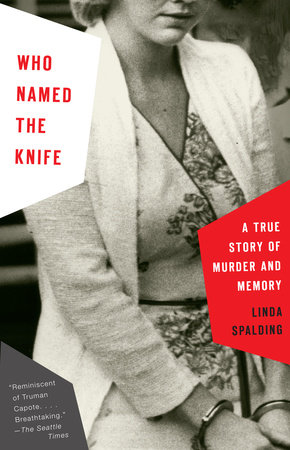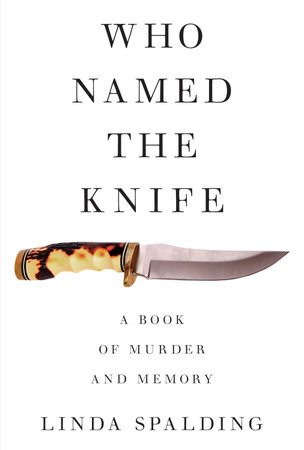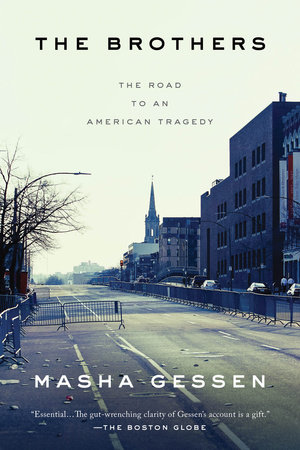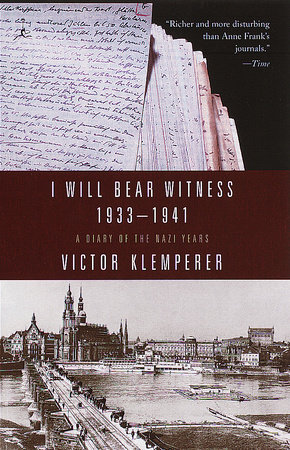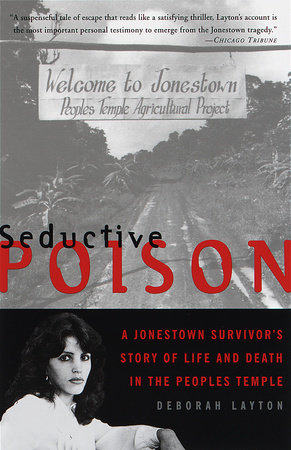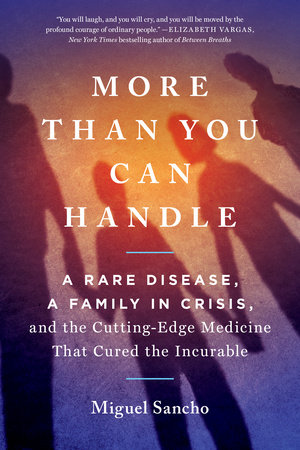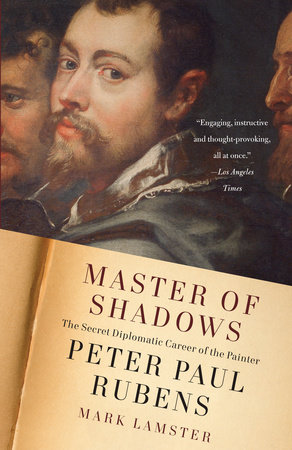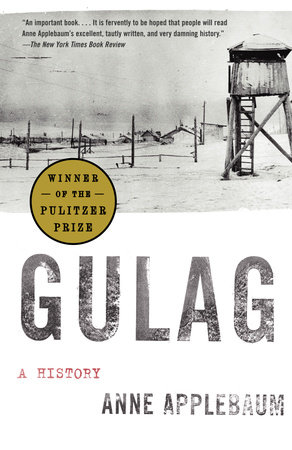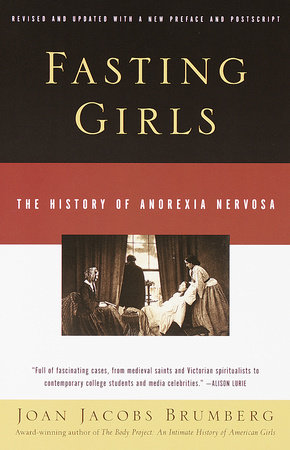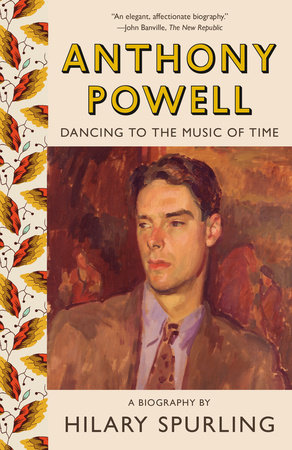Author Q&A
Q: Eighteen years ago, while living in Hawaii, you sat on the jury of a murder trial—a young woman and her husband went on an armed robbery spree that left two men murdered. Standing accused however was only Maryann Acker, the wife. Can you tell us little about how the case was first presented to you?
I was called to jury duty but repeatedly challenged by prosecutors. It was a little frustrating. Why didn’t they want me? I suppose I reeked of liberalism. Then when the Acker trial was called, I was made an alternate juror when the prosecutor ran out of peremptory challenges. I didn’t remember anything about the Hasker murder of 1978, but the minute I laid eyes on Maryann Acker, the defendant, I was fascinated. I felt oddly connected to her. For some reason, she reminded me of my eldest daughter, although she was several years older. Maryann was from a middle-class mainland background, like me, and had a strange fragility. On top of that, she was a Mormon, so her whole situation seemed so improbable! I began writing to her in my journal. Everyday, I kept track of my thoughts and the trial proceedings in letters to her that I kept in a journal.
In the end, you were dismissed from the jury that convicted Maryann Acker of murder. To a large extent, there is an element of fate involved this — If you had not taken your dog to the vet, you would have been on time the day of deliberations and would have remained on the jury. Likewise, had you not years later discovered the notebook you kept during the trial, you never would have gotten back in touch with Maryann. What compelled you to write WHO NAMED THE KNIFE now?
Maryann and I began a correspondence that was fairly intense. But I could never get her to tell me about the two murders she and/or her husband had committed. Nor could I get her to examine her childhood with anything but nostalgia. All of her energy was devoted to the present and the future. Was that a mechanism for survival in prison or a lifelong process of denial? The more I urged, the less I got in the way of insight from Maryann. So I began telling her things about my own life, providing the example of my own self-exploration. The book grew out of that dialogue. I was as fascinated by our similarities as by our differences—by our similar but different parents and backgrounds and choices. Books grow out of fascination. I was trying to figure something out. I was learning.
How did your friends and family react to your growing friendship with a woman in prison for murder?
There were lots of surprises. My boyfriend and I were staying in La Jolla when I first visited Maryann in prison. We were staying with friends and I wanted Maryann to be able to call me. The friend said she could use his phone number for a collect call if she was a murderer, but not if she was a serial killer. Seriously. I was stumped. There is a sort of knee-jerk reaction I notice when you talk about people in prison, that somehow they mean less. Didn’t I care if she was guilty? Was I sure of her innocence? There was also a persistent warning: What about when she gets out? What will you do then?
You comment that being a juror enabled you to test yourself on your father’s ground. What do you mean by that?
My father (a trial attorney) had the highest standards of conduct and ethics with regard to the law. His fundamental belief system was written into the U.S. Constitution; it was his religion and he was proud of his ardent defense of clients within the confines of that system. I suppose that, never having been able to prove myself competent in his eyes, I hoped to live up to his standards of logical thinking and problem solving during the trial. To come to some conclusion about Maryann’s innocence or guilt that would make my father proud. Even when our parents are dead, we continue to measure ourselves against their expectations and desires.
In the book you say you initially reconnected with Maryann out of a sense of guilt. What kind of guilt?
I felt very keenly, and still feel, that she would not have been convicted in Hawaii if I had not been late on the last day of the trial. There is a factor of shame involved too, and that is the awful fear that I let myself be late because I did not want the responsibility of being the only juror who would vote for her acquittal. This is the kind of wondering I hoped Maryann would do but she still laughs about my persistent interest in “what ifs.” In prison for twenty-eight years, she is much less interested in the concept of personal guilt than I am.
How has your relationship with Maryann evolved since first meeting her?
Although we are both middle-class white women, our friendship is challenged on many levels because we live in unequal circumstances. Maryann has few privileges; I have many. Her interest is almost entirely focused on her predicament. Mine is focused on work, family, home, entertainment, politics, ideas, relationships. In the early stages of our correspondence, I thought I was gifting her with my experiences, the way I used to gift my stay-at-home mother with my adventures. Then I began to hide things from Maryann out of a sense of embarrassment—as if I didn’t want her to know how much she had lost! But Maryann is very bright and she has helped me realize her strength. Our continuing intimacy does us both good. I have come to know her former cellmate and her foster sister. She has come to know a dear friend and has met one of my daughters as well as the young woman who is working on a screenplay of Who Named the Knife. We have gradually built another context for our friendship—this community of sorts. She reports to me about her communications with her lawyer, her health concerns, her worries. She now knows a lot about my life, my opinions, my values. She knows that, even after the book was finished, I continue to care about her. We have good days and bad days, leisurely conversations and hurried ones, but our friendship is no longer tentative. It is, of course, still a friendship of unequals. In the book I tell my mother that a dependent friend can provide “the comfort of need.” It’s something I think about a great deal.
What about the American penal system is brought to light by Maryann’s case?
Lawyers vary in their abilities and defendants vary in their ability to pay for good ones. Then there is the quirky juror, who can single-handedly determine a trial’s outcome and the quirky sentencing and parole systems that vary from state to state (parole commissioners are sometimes poorly educated, and vindictive.) Prisons should not be a place of no reprieve, but our society is less and less interested in rehabilitation. In California, the prison-guard lobby, which promotes longer sentences, is the most powerful lobby in the state. This may be the reason that prisoners who are found acceptable for parole are rarely released by the governor.
At the end of the book, you recount telling Maryann that she has given you back your life. How so? How have you changed from your relationship with Maryann?
While I kept trying to help Maryann understand her own life, I used mine as an example—the way my father had frightened me or my mother had influenced me—and I began to understand my parents in the process. My mother became more and more real to me. So did my father’s tragic past. Explaining them to Maryann and seeing them in contrast to her parents helped me consider my parents’ complex strengths. It was an amazing process—a kind of narrative-analysis! To consider the whole was to forgive the parts. And forgiving my parents helped me forgive myself.
Where is Maryann now in her new trial? What’s next for her? And, for you?
Maryann’s murder conviction in Hawaii has been vacated, but the State of Hawaii has appealed that decision and we are waiting for the Hawaii Supreme Court to rule on the appeal. In the meantime, Michael Brennan, Maryann’s attorney in California, will try a Writ of Habeas Corpus in California since she has served many years more than her “matrix” there and has never been found acceptable for parole. Without a pro bono lawyer willing to represent her, Maryann would not stand a chance of release. Even with one, it begins to seem possible that she may never get out.
Meanwhile, I will do what I can to see that the movie of my book gets made. I’ll hope that it makes a difference, that the book makes a difference—that people will begin to care about the lives of prisoners. I talk to Maryann two or three times a week, see her whenever I can and, if Maryann is released, I’ll be waiting at the prison gate, with a rental car and a full tank of gas.
